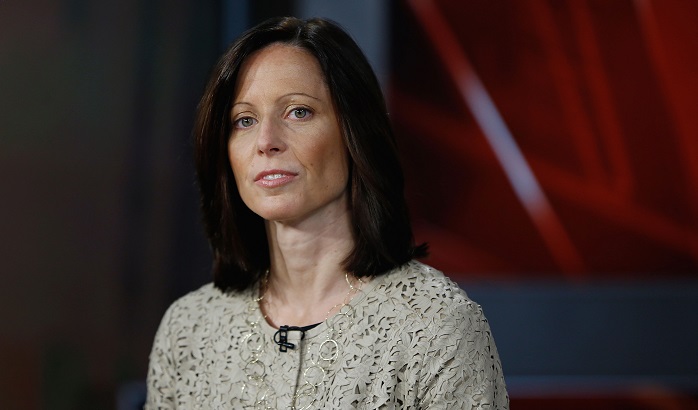The environment for initial public offerings seems stronger than it was last year, as more companies show interest in going public and the markets look more inviting, although policy uncertainty is a concern, Nasdaq CEO Adena Friedman said Friday at an event held by The Economic Club of Washington, D.C.
Another challenge to IPOs is that companies are examining the regulations and standards they would have to meet and deciding that the benefit of going public doesn’t always outweigh the cost, especially as capital in the private markets is “pretty easy to come by these days,” Friedman said during the event.
A blueprint that Nasdaq released on Thursday outlines how the exchange wants to make public markets “more inviting,” because otherwise companies will refrain from going public and “will only be available to a very small subset of investors around the world,” she said.
Encouraging IPOs is likely to promote sustainable job growth at a time when “the employment numbers mask issues around temporary and part-time employment,” Friedman said. Rather than the “episodic access” to capital through private investors, public markets can offer “constant liquidity” to help companies expand more readily, she said after the event.
“Going public is a growth catalyzer,” she said.
Earlier in the week, Friedman appeared at the Milken Institute Global Conference and explained that despite myths to the contrary, financial independence is important to millennials. However, one of the things holding that generation back from taking the risks associated with starting a company is that they had a front-row seat to watch their parents suffer through the financial crisis. Therefore, the risks associated with launching a company can seem daunting.
After the event in Washington, D.C., Friedman also discussed the importance of educating entrepreneurs on how to succeed. The US government over decades has developed a system that helps entrepreneurs through access to small-business loans and government contracts, but regulations have grown tougher and business has become more complex and global, she said. The Nasdaq Entrepreneurial Center offers free resources to help start businesses, manage a public profile, address risk management and reach the global stage, she said.
The need for financial education starts early, however, and organizations such as Junior Achievement make a big contribution toward helping young people understand foundational concepts, Friedman said during the event.
“Giving people financial independence, allowing them to really understand how to manage their financial lives, gives them an enormous amount of power to be able to go through their lives successfully,” she said.
